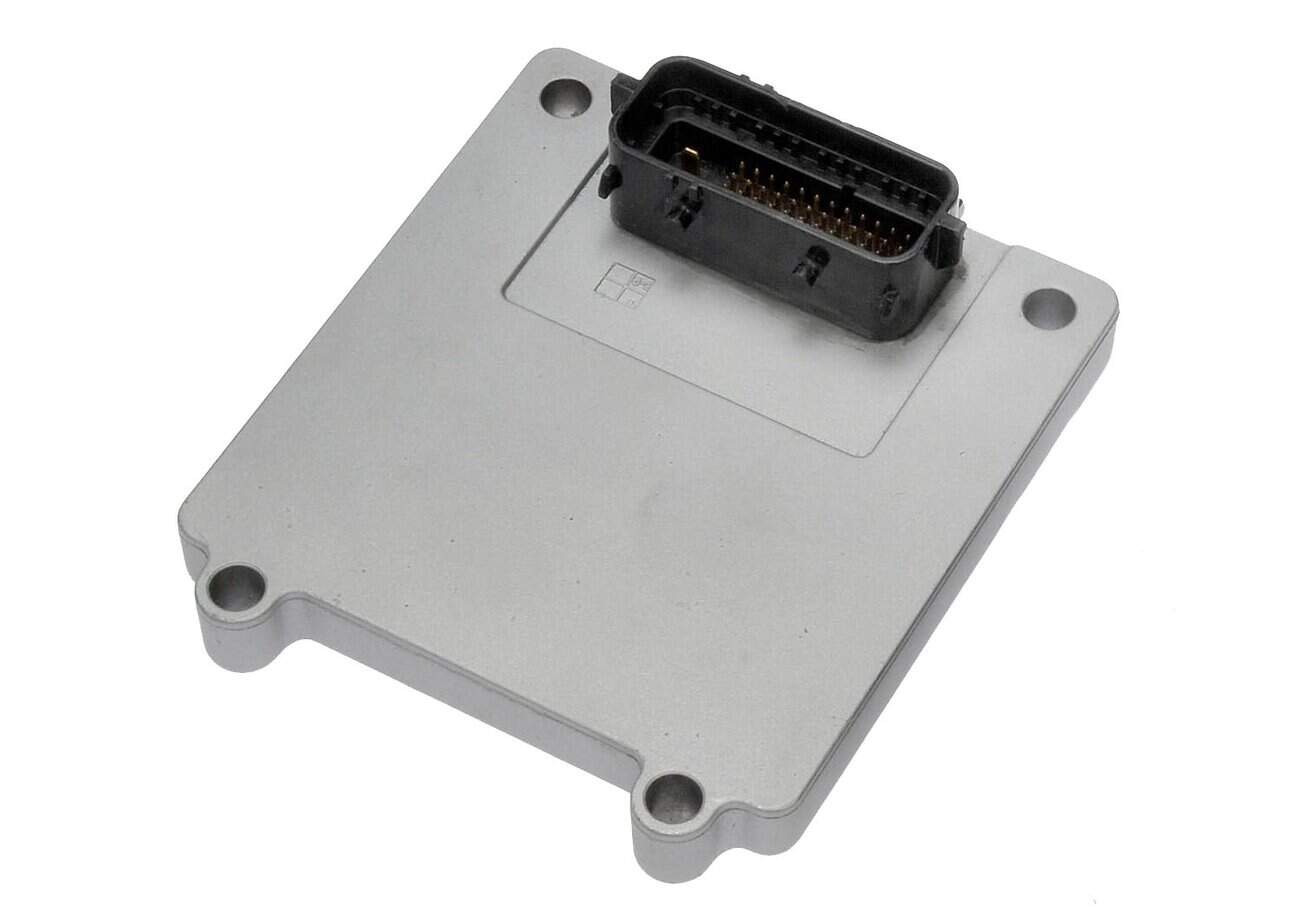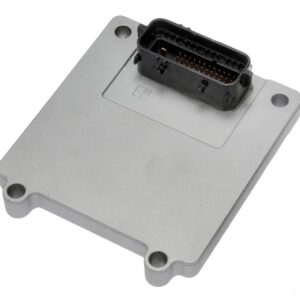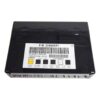Get Your Workhorse Back on the Road: A Reliable Fix for Your Savana 3500
If your 2006-2014 GMC Savana 3500 Van is struggling with unpredictable shifting, getting stuck in gear, or throwing transmission codes, the problem is likely a failing Transmission Control Module (TCM). As a work vehicle, downtime isn’t an option. This T42 TCM, part number 24235732, is the definitive solution, arriving pre-programmed to your van’s specific VIN. This eliminates the need for expensive dealership visits and gets your vehicle back in service fast, restoring the crisp, reliable shifting you depend on.
Case Study: A Tricky Diagnosis
A local delivery company brought in their 2011 Savana 3500. The driver reported it was stuck in what felt like third gear (limp mode) and the check engine light was on. On the scan tool, I saw the classic P0700 code, which is just a general transmission fault request. Digging deeper, I found codes related to solenoid circuit failures. While the issue could be the solenoids themselves, my experience with these 4L80E-equipped vans pointed me straight to the TCM. After 150,000 miles of stop-and-go city driving, heat cycles had taken their toll on the module’s internal circuits. We swapped in a VIN-programmed T42 module, and in under 30 minutes, the van was shifting perfectly. No more codes, no more limp mode—just a reliable work van back on its route.
Is Your Savana Exhibiting These Transmission Faults?
A failing TCM can manifest in several ways. If you’re noticing any of the following, it’s a strong indicator that your Savana 3500 Van TCM needs replacement:
- ✔ Harsh, slamming shifts or delayed gear engagement.
- ✔ The vehicle is stuck in “limp mode” and won’t shift out of a single gear.
- ✔ Check Engine Light is illuminated with Diagnostic Trouble Codes (DTCs) like P0700, P0750, P0753, or other solenoid-related faults.
- ✔ Complete failure to upshift or downshift, leading to poor acceleration and performance.
- ✔ A noticeable drop in fuel economy as the transmission operates inefficiently.
- ✔ Intermittent loss of communication with the module, causing erratic behavior.
A Straightforward Guide to Installation
One of the best parts of this solution is its simplicity. You don’t need to be a master mechanic to get this job done. For your Savana 3500, the process is especially easy.
- Safety First: Always disconnect the negative terminal from your vehicle’s battery before starting any electrical work.
- Locate the Module: In the 2006-2014 Savana Van, the TCM is conveniently located in the engine compartment on the right-hand (passenger) side.
- Disconnect and Remove: Carefully unplug the electrical connectors from the old module. Then, unbolt the module from its mounting bracket.
- Install the New TCM: Mount the new, pre-programmed TCM in place and securely fasten it. Reconnect the electrical connectors, ensuring they click into place.
- Final Steps: Reconnect the battery terminal. While the module is plug-and-play, it’s good practice to use a basic OBD2 scan tool to clear any stored fault codes from the ECU. Start the vehicle and enjoy smooth shifting!
Verified Fitment Across the GM Lineup
While this is the perfect solution for your Savana 3500 Van TCM, this versatile T42 module is also compatible with a wide range of other General Motors vehicles equipped with 4-speed automatic transmissions like the 4L60E, 4L65E, and 4L80E. It is a direct replacement for part numbers 24235732, 24252114, 24234503, and others.
- GMC: Savana 1500/2500/3500, Sierra 1500/2500, Yukon, Envoy
- Chevrolet: Express 1500/2500/3500, Silverado 1500/2500, Tahoe, Suburban, Colorado, Impala, Cobalt
- Cadillac: DTS
- Buick: LaCrosse, Lucerne, Rainier
- Pontiac: G6, Grand Prix
- Hummer: H3
- And many more models from Saturn, Saab, and others.
Frequently Asked Questions
Savana 3500 Van TCM
Will this fix a P0700 code?
A P0700 is a generic code indicating the TCM has detected a fault. Often, replacing a faulty TCM will resolve the underlying issue causing the P0700, but it’s always best to scan for more specific codes (e.g., P07xx) to confirm the diagnosis. A failing is a very common cause.



